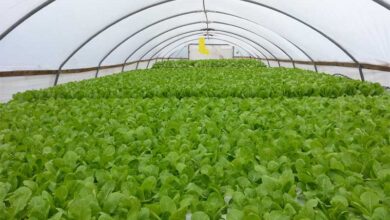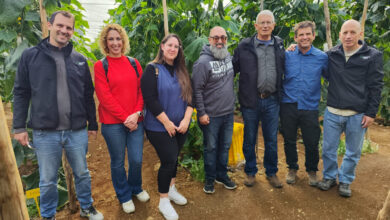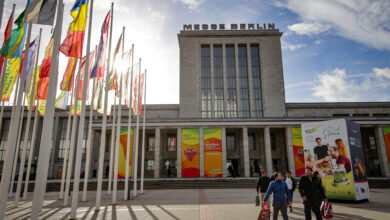The extreme climate phenomena that have hit various world regions in recent months have demonstrated that the climate crisis isn’t just a future vision but rather an urgent situation that must be dealt with quickly. Awareness of the U.N. proclamation of ZeroHunger# –– underscores the imminent pressing need for advanced agricultural solutions.
The U.S. is one of the world’s leading corn and soya producers. The abnormal climate of recent months has caused damage to these crops and brought farmers to a state of helplessness and continuous uncertainty. The rainy spring season has delayed planting, and the hot, dry summer in July has harmed the critical pollination stage of corn while also advancing the soya flowering, leading to a loss of crops of nearly 9% daily. For example, the corn crop currently stands at tow-third or even half of last year’s crop, and the forecast is not optimistic.
Traditional agricultural methods based on local conditions and on familiar yearly seasons are inadequate for coping with frequent unexpected changes in climate crises. The swift global changes that have occurred over the past 100 years and have created the climate crisis, call for flexible, advanced technological solutions that meet urgent needs. Now is the time to switch over to precision farming for minimizing uncertainty.
For more info about smart agriculture technologies & advanced technologies, click here





